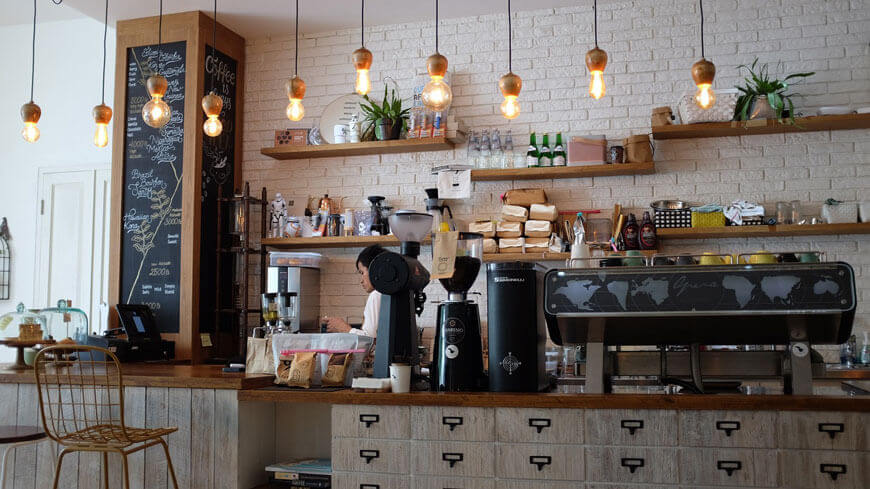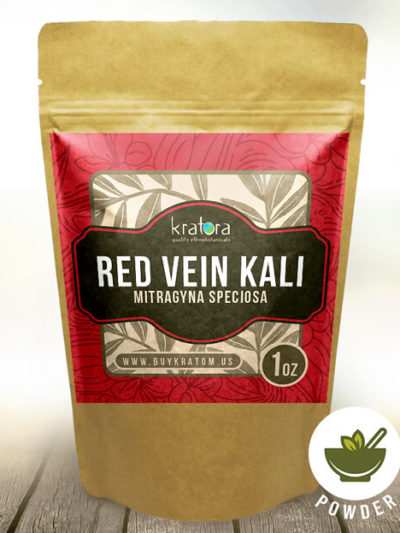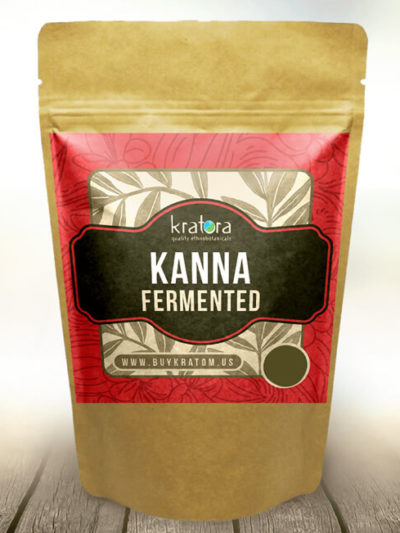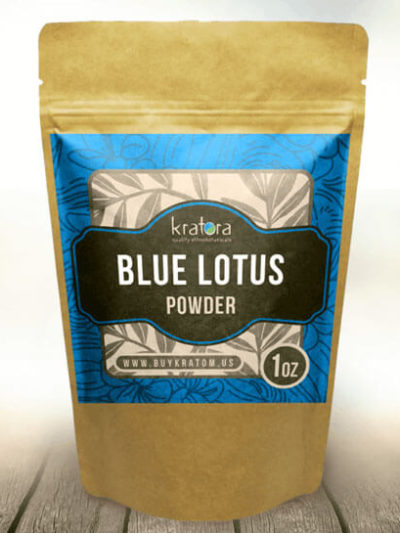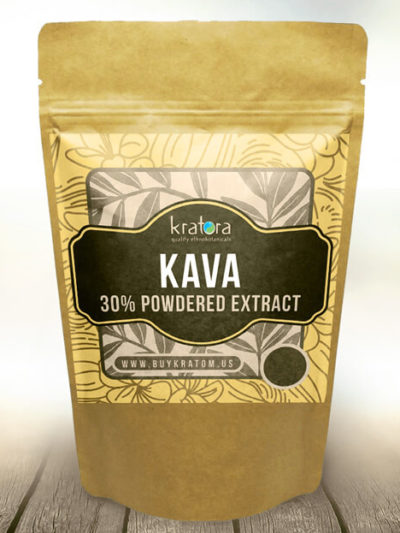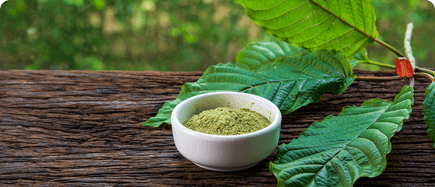Once a ceremonial drink that was restricted to the South Pacific Islands, kava kava is now being sold in health food shops around the world. The relaxing and slightly euphoric effects of kava are even being promoted as a hangover-free alternative to alcohol with the emergence of kava bars that serve flavored kava tea to patrons.
Kava Kava’s Ancient Roots
Kava kava, or Piper methysticum, has a 3,000-year history of use in the South Pacific island nations, including Vanuatu, Tonga, Samoa, Fiji, and Hawaii, where it was traditionally drunk by the tribal leaders in sacred ceremonies. In today’s culture, kava tea is still used as part of popular ceremonies, to close negotiations, and in communal social situations.
How the Kava Craze Got Started
Several different people are attributed with having brought kava tea culture to America in the 2000s and 2010s; however, this root was known to the American herbal community as early as the 1990s. By 2003, there was already a growing kava community in Florida, and there are now some hundred kava bars across the country—with the greatest concentrations being found in Florida, New York, and California.
Visiting a Kava Bar
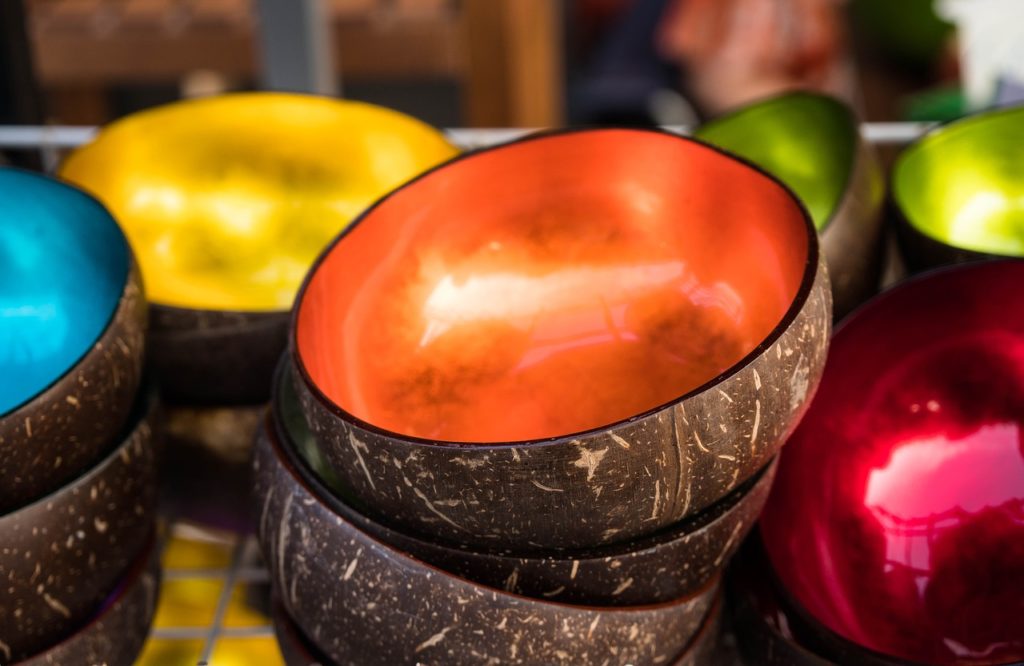
If you’ve never been to a kava bar before, it can be helpful to have some idea of what to expect. Typically, the venue is fitted out with a tropical-themed decor—including palm trees, faux sand, and pictures of the Pacific Islands. There might be some music playing in the background to help patrons relax, and there are often a few guitars or board games lying around to encourage social interaction.
Community is a central part of the kava experience, and it is common to head to a kava bar as a group. There, you and your friends can order a shared bowl of kava kava in the flavor of your choice and will be given individual cups from which to drink. While each establishment has its own rituals around the consumption of kava tea, the most common expression you will hear is the Fijian word, Bula, meaning “life.”
Which Kind of Kava is Served in a Kava Bar?
There are two known strains of kava: Noble kava and Tudei kava. Noble kava is the strain that is usually served in kava bars, as it is the milder of the two and is recognized by the WHO as having a low level of risk when consumed in moderation.
Given that kava bars are operating outside of the plant’s native environment, the bar’s proprietors have the option of buying their kava from any of the islands that produce it for export. Vanuatu kava is considered to be the gold standard by many as far as strength and potency go. However, due to its strong flavor, some kava bar owners opt for a milder variety—such as kava from the Solomon Islands.
An Acquired Taste
Whichever kind of kava is chosen for the menu, making it taste good is somewhat of a challenge. Users describe the flavor of plain kava tea as “earthy,” “bitter,” and even “like licking a wet rock.” It’s not exactly the easiest drink to popularize based on flavor alone!
To make kava more palatable, it is usually mixed with coconut water and fruit juices like pineapple and mango. A few enterprising kava bar proprietors have even developed their own signature kava-drink flavors, including kava lemonade, chocolate kava, and even kava kava ice cream!
Don’t Turn Up Tipsy
As kava magnifies the effects of alcohol, the typical kava bar is 100% alcohol-free—and this policy is very strict. Turning up at a kava bar “under the influence” will usually see your entry refused by the management as they don’t want to be implicated in damage to your health or attract negative attention from the authorities. Respecting the proper use of kava helps to keep it legal for everyone.
Could Kava Really be the New Coffee or Alcohol of America?
While some people claim that kava drinks could be the new coffee or even the alcohol of the next generation, it’s really a matter of “time will tell.” Kava tea lacks the inviting aroma and warmth of coffee but does offer a safer social alternative to alcohol. The absence of a hangover the next day makes kava especially attractive to those looking for a natural way to unwind and relax.
Discover Relaxation at Kratora
-
Relaxing
Red Vein Kali Kratom Powder
From $11.99 Shop Now This product has multiple variants. The options may be chosen on the product page -
Body and Mind
Fermented Kanna (Sceletium Tortuosum)
From $7.99 Shop Now This product has multiple variants. The options may be chosen on the product page -
Sale!
Body and Mind
Blue Lotus Powder
From $8.99 Shop Now This product has multiple variants. The options may be chosen on the product page -
Relaxing
Kava 30% Powdered Extract
From $10.99 Shop Now This product has multiple variants. The options may be chosen on the product page
We’re not a kava bar, but at Kratora we do offer a range of premium ethnobotanicals to soothe you, including 30% kava extract powder. Take it down a notch, naturally, with Kratora. Shop with us today to receive same-day shipping on orders submitted before 3 PM EST Monday through Friday and 1 PM EST on Saturdays (excluding holidays).
Please note that none of the products sold on our website are intended to diagnose, treat, cure, or prevent any disease or medical condition.
Want to learn more about kratom quality and value? Start here:
Why Buying Cheap Kratom Can Be Dangerous
